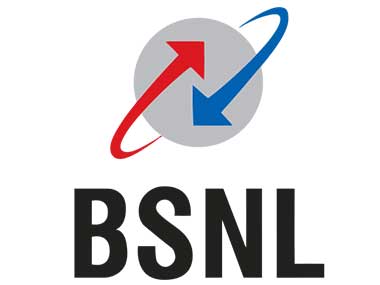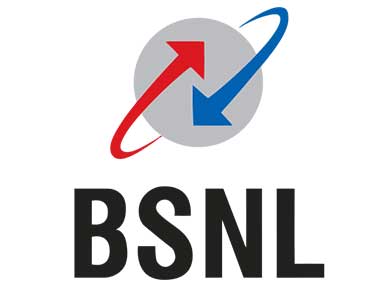Indications are that the much-talked-about 3G services are likely to fall between two stools. In the latest development, state-run telecom giant BSNL, which is a party in DoT’s case against the roaming pacts among the three private players, has alleged that Bharti Airtel, Vodafone and Idea Cellular are acting as acting as a cartel against its interest.
For beginners, the case is as follows. In the 2010 auctions of 3G spectrum, Bharti, Vodafone and Idea got spectrum for this high-end service in 13, 9 and 11 circles, respectively. But soon after, they entered into roaming agreements among themselves which allowed them to share infrastructure and spectrum and provide 3G services in circles they did not get a licence for.
Meanwhile, BSNL had got licence for 20 circles by paying Rs 10,186 crore. DoT later intervened and banned the 3G roaming pacts among the private players and slapped penalty of Rs 50 crore per circle where they were providing 3G services under the pact. The case is now being fought in the Supreme Court.
According to this report, BSNL, which was made party in the case, has filed its affidavit in the supreme alleging that the private players are acting as a cartel for the following reasons.
[caption id=“attachment_732937” align=“alignleft” width=“380”]  BSNL logo is seen in this file photo.[/caption]
- Bharti Airtel, Vodafone and Idea colluded while bidding for the 3G spectrum and ensured that one of them got 3G airwaves in every circle in the country. They acted in concert to maximise their coverage, avoid competition among them and to get the spectrum cheap.
- The intra-circle pacts among Airtel, Vodafone and Idea are in effect functioning as a mobile virtual network operator (MVNO), which is not allowed in the country. MVNOs operate by sharing spectrum and infrastructure of other players.
Impact Shorts
More ShortsDoT has also said that licence agreement did not allow players to sub-lease 3G networks and in order to offer high-end services, bidders “have to amend their licences”.
BSNL has alleged that the arrangement among these private players is at a huge cost to the public exchequer as had they bid seriously the government could have got more money. The government had pocketed Rs 67,000 crore through the auction conducted under then telecom minister A Raja.
- Only for the spectrum, BSNL has invested Rs 10,186 crore. If the investment for other required infrastructure is added to this, its aggregate 3G investment will be much higher. “On the other hand, the law violating telecom service providers have neither paid for 3G spectrum charge nor have they invested in setting up their infrastructure for providing 3G services and are yet illegally obtaining benefit by illegal roaming arrangements,” the public sector company has charged in the affidavit.
The BSNL affidavit is only adding to the mess in the 3G services. A recent Firstpost article had argued that the DoT has no vision at all in propagating 3G services. DoT is also being bull headed about the future of 3G services by refusing to examine the issue of getting 15 mhz of spectrum in 1900 mhz band which it has kept aside for refarming of 800 mhz band which is currently used for CDMA services.
As far as the issue of the roaming pact among the private players are concerned, BSNL, even if its allegations against the private players may seem to hold water, is unlikely to get any consumer support, given the poor quality of their services.
However, it is for the Supreme Court to decide the matter. And there is no case for the court to consider quality issues. The final hearing has been slated for 9 May.


)

)
)
)
)
)
)
)
)



